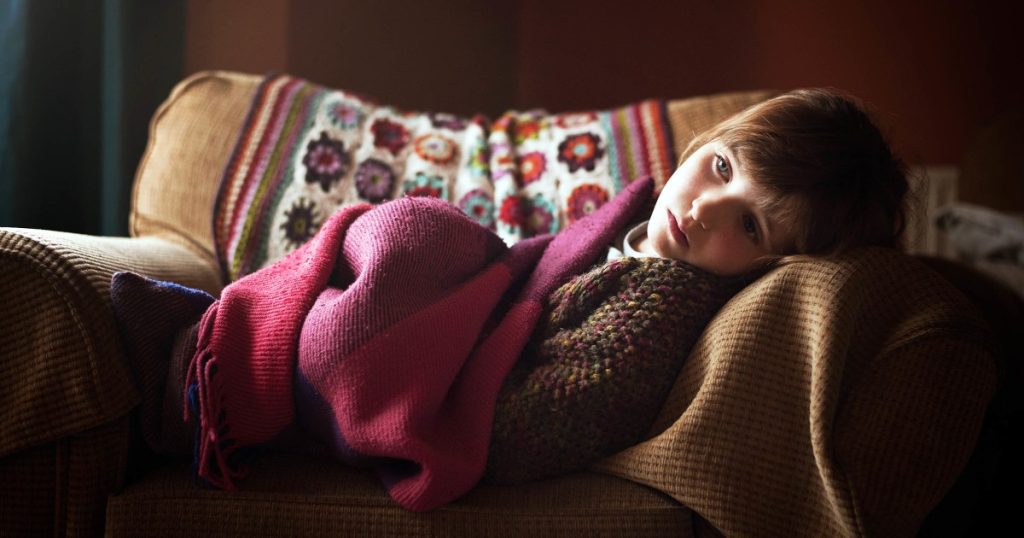The world’s fastest man, Noah Lyles, has inspired children to not let their diagnoses get in the way of their dreams. After winning the gold medal in the 100-meter sprint with a photo-finish, Lyles revealed he has asthma, allergies, dyslexia, ADD, anxiety, and depression. His story highlights the struggles children face with asthma and depression, as many do not receive the proper treatment for these conditions. Only 54.5% of children with asthma take their medication as prescribed, while an estimated 40% of children with depressive disorders go untreated.
Asthma is common in children, affecting roughly 4.5 million children under the age of 18 in the U.S. It causes the airways in the lungs to narrow and swell during an asthma attack, making it difficult for air to get in and out. Asthma symptoms include wheezing, coughing, shortness of breath, and chest tightness, and triggers can include exercise, respiratory infections, and allergens. Despite the challenges, many athletes, including Olympians, have successfully managed asthma while pursuing their dreams.
There are various types of asthma, including allergic, non-allergic, exercise-induced, and more. Treatment for asthma has evolved in recent years, with inhalers commonly used to control symptoms. Proper inhaler technique is essential, as studies have shown that many children misuse their inhalers. While it’s believed that some children may outgrow asthma, it is a chronic disease that can persist into adulthood for many individuals. Seeking treatment from an asthma specialist and identifying triggers can help manage symptoms effectively.
Depression in children is often unrecognized, as symptoms may be mistaken for normal feelings of sadness or grief. Children with depression may appear irritable, angry, or sullen instead of sad, and may isolate themselves or show reluctance to seek help. Untreated depression can have serious consequences, and the likelihood of depression increases as children get older, particularly in adolescents. Screening for depression in adolescents aged 12 to 18 is recommended by the United States Preventive Services Task Force.
Treatment for depression often includes cognitive behavioral therapy, which helps individuals turn negative thoughts into positive coping mechanisms. Lifestyle changes, such as healthier eating habits, increased physical activity, and adequate sleep, can also be beneficial. It is important to tailor treatment for depression to the child’s age and developmental stage to ensure effective results. With the right help and treatment, children with depression can go on to achieve great success, just as Lyles has shown with his Olympic accomplishments. Success in sports and other fields is possible with the right support for both asthma and depression.













